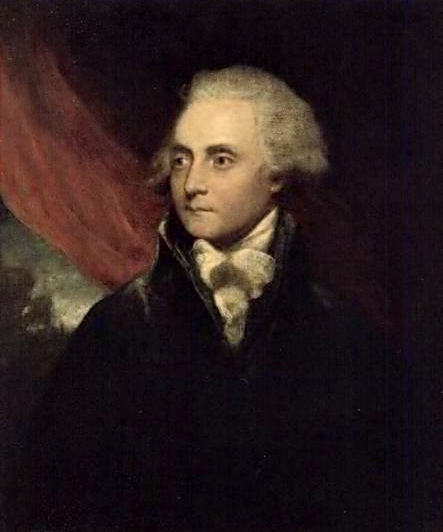The following comes from an exchange between Edmund Malone and Joseph Ritson, where the latter violently attacked Malone’s 1778 edition of Shakespeare, stooping so low as to attribute any errors to Malone’s “irishness”. At one point, Malone gives his method regarding which texts to use as the basis of an edition.
The second edition of a printed book can only derive authority from its being printed with the author’s last corrections, or from some more correct manuscript of his work than that from which the first edition was printed. From whence should the authority of the second folio be derived? We know that Shakespeare did not correct his manuscripts for the press, even for the first edition which was published in 1623 […]

This short passage is interesting for not mentioning the role of actors in the preparation of the first folio, either for good or ill. After all, actors with a memory of Shakespeare’s performance were around when the first folio was published, and indeed when the second was issued in 1632 too. That Malone discounts the contribution of actors to the improvement of the text is indicative of a certain way of thinking about Shakespeare’s plays: they are the property of Shakespeare only, and best enjoyed as the sole expression of his own mind to the extent that such a thing is possible.
I shall, at some point, have to read Malone’s notes for references to the theatre. Given the attitude evinced here, I expect it to be very slim pickings indeed. That said, such slim pickings are useful in their own way: it’s important not to push the theatre into everything, and its exclusion is just as interesting as its inclusion.
BONUS:
Another quote from Malone on his method:
Thus some emendations have been taken even from Pope and Hanmer, as well as from the editor of the second folio; though all these editors have with almost equal licentiousness corrupted the author’s text; but they are adopted, not because their books are of any authority, but because the emendations themselves are evidently just; for the editor of the second folio, as soon as his book is proved not to be authentic, can rank only by the side of any other conjecturer, commentator, or verbal critic.
Except that any other conjecturer may not have been alive at a time when Shakespeare’s performances could be remembered and his actors interviewed…